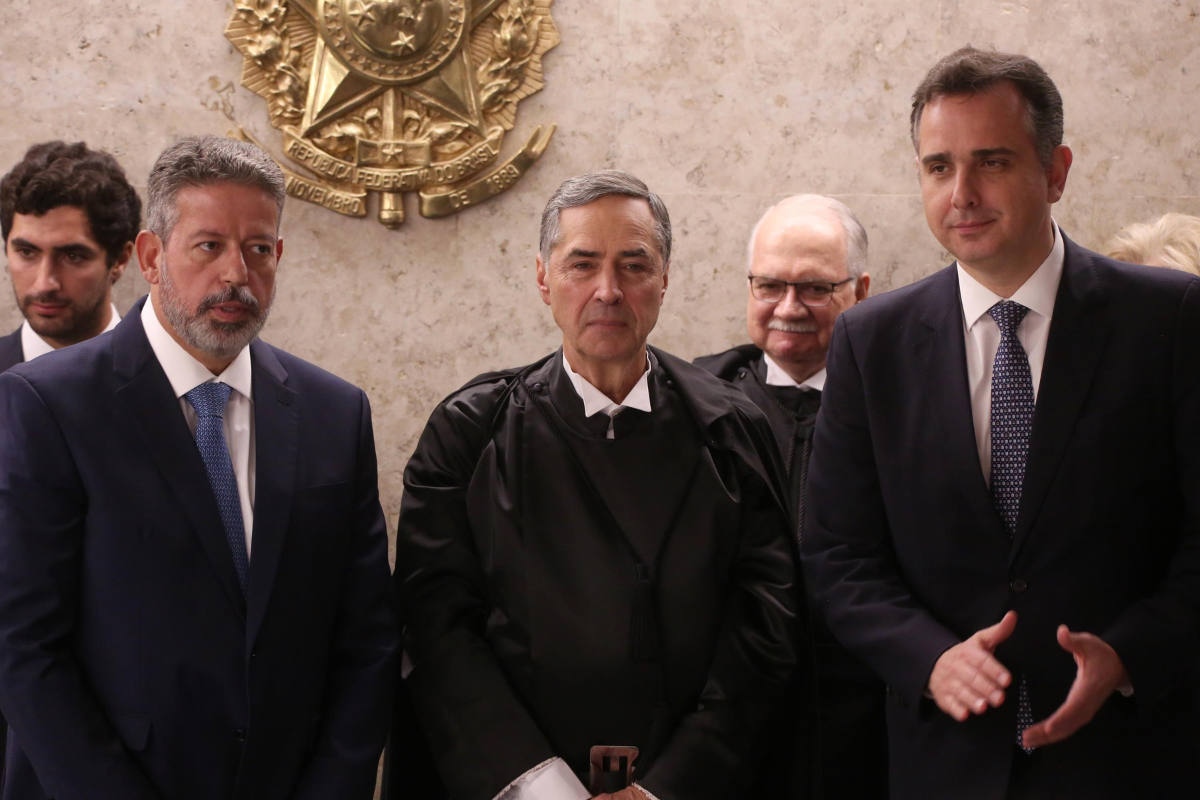Last week, Brazil’s Congress and Supreme Court engaged in a tug-of-war over key policies, including cannabis and abortion decriminalization, same-sex marriage, and the demarcation of indigenous lands. On one side, legislators believe that the Supreme Court has intruded on Congress’s lawmaking role. On the other side, Supreme Court justices think the institution must step in to fill a lawmaking gap left by legislators on key issues.
The disagreement does not constitute an institutional crisis, as many pundits claim. In a democracy where the separation of powers guides the behavior of actors, it is only normal that the Supreme Court checks the power of Congress — and vice versa.
What this episode tells us about Brazilian democracy is that Congress’s preferences over lawmaking have become stronger. As I have previously argued in The Brazilian Report, Brazil’s Congress has grown stronger. As such, clashes against the Executive and Judiciary branches will become more frequent.
Understanding the current disagreements
This latest dispute was initiated last week after the Supreme Court overthrew the so-called “time-frame argument.” This is a legal thesis according to which indigenous people have the right to occupy...


 Search
Search






































